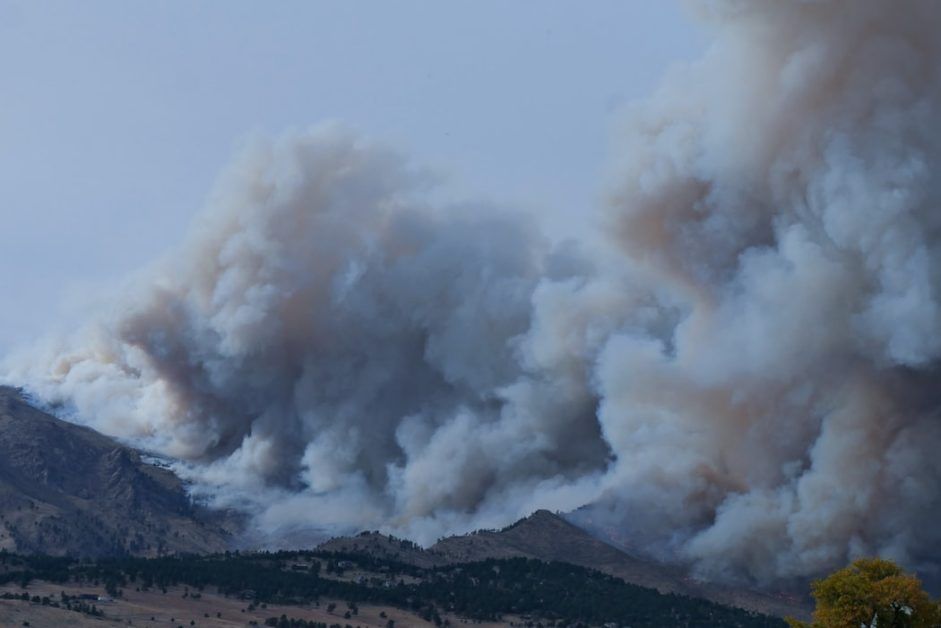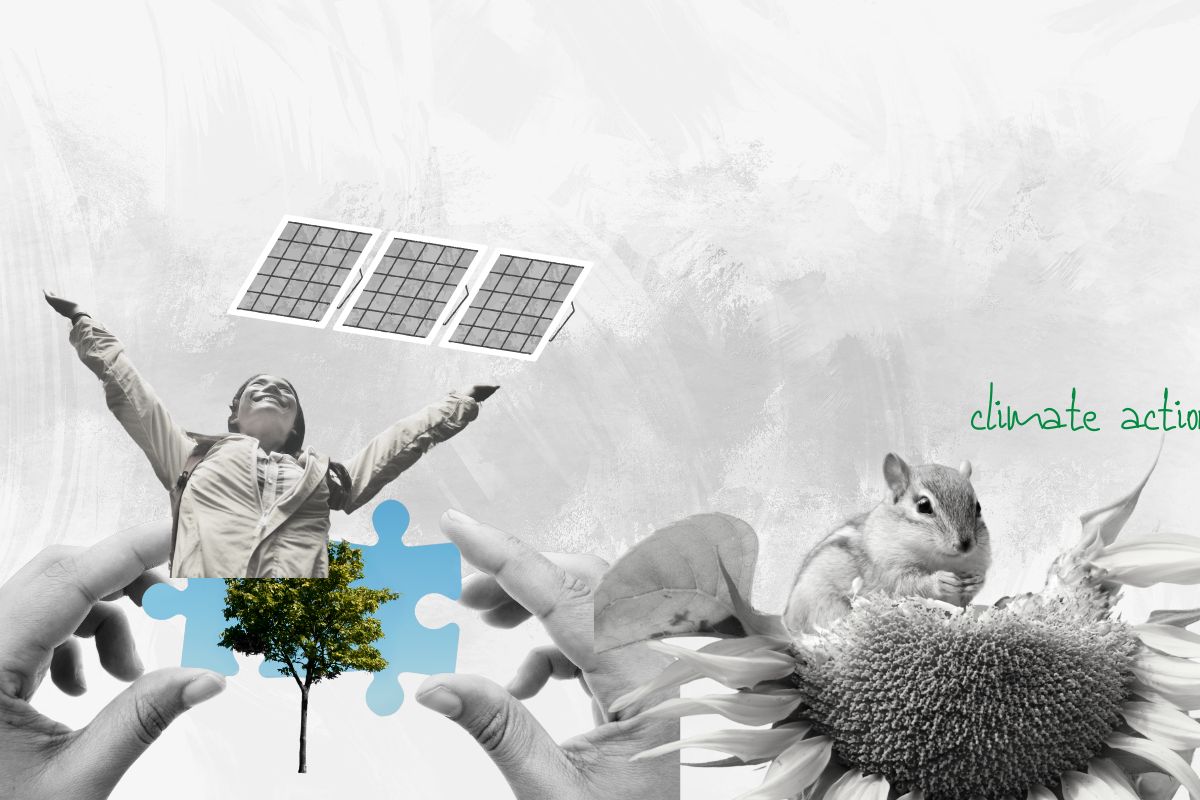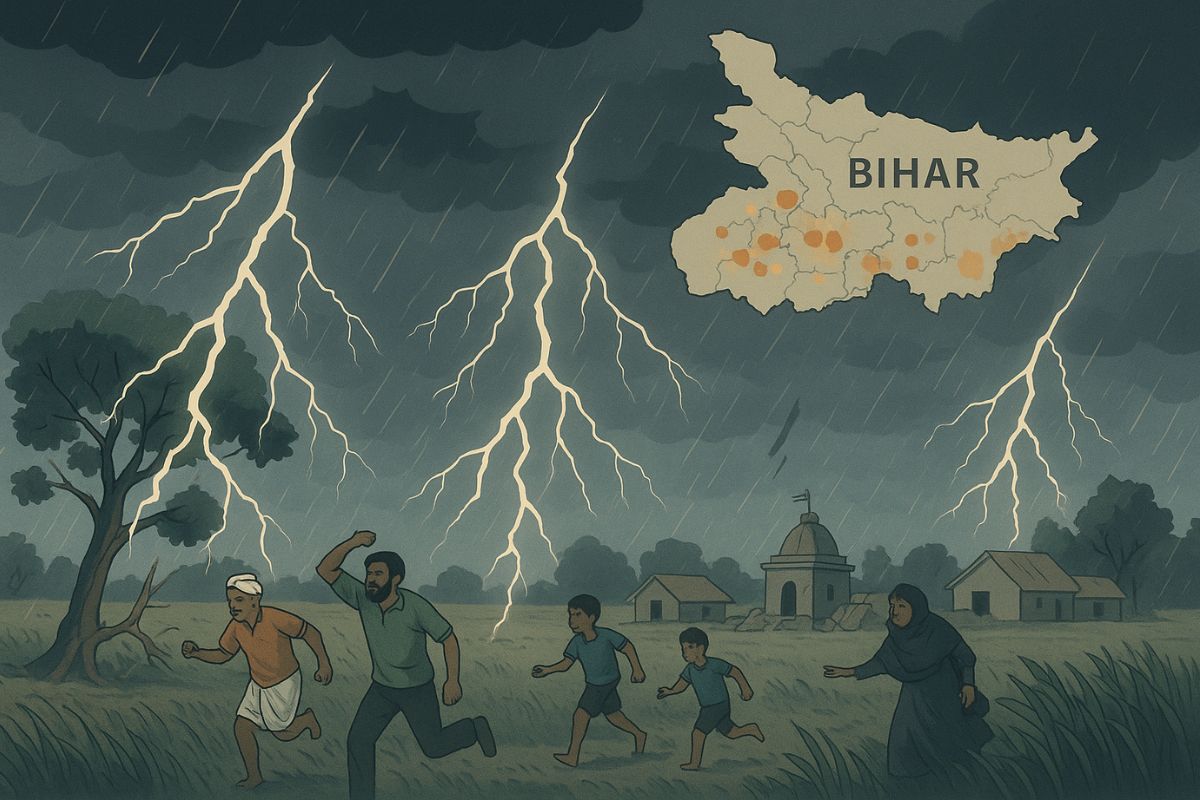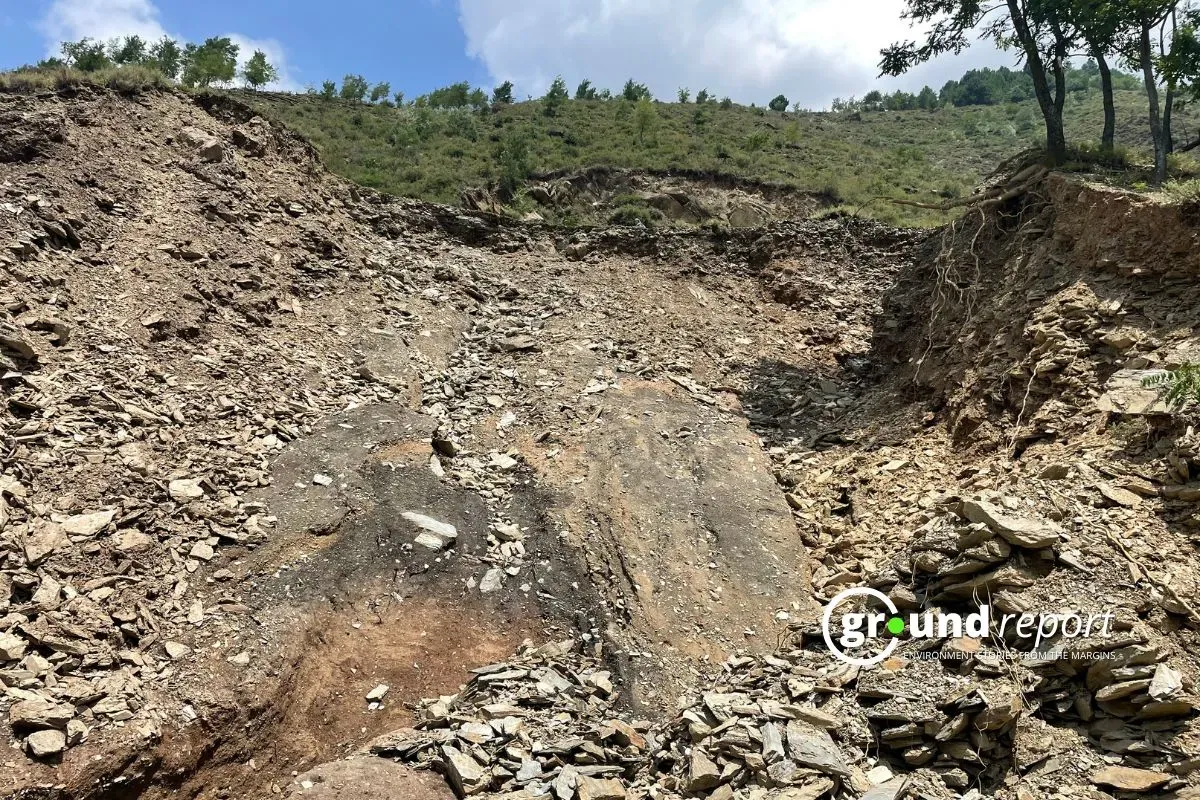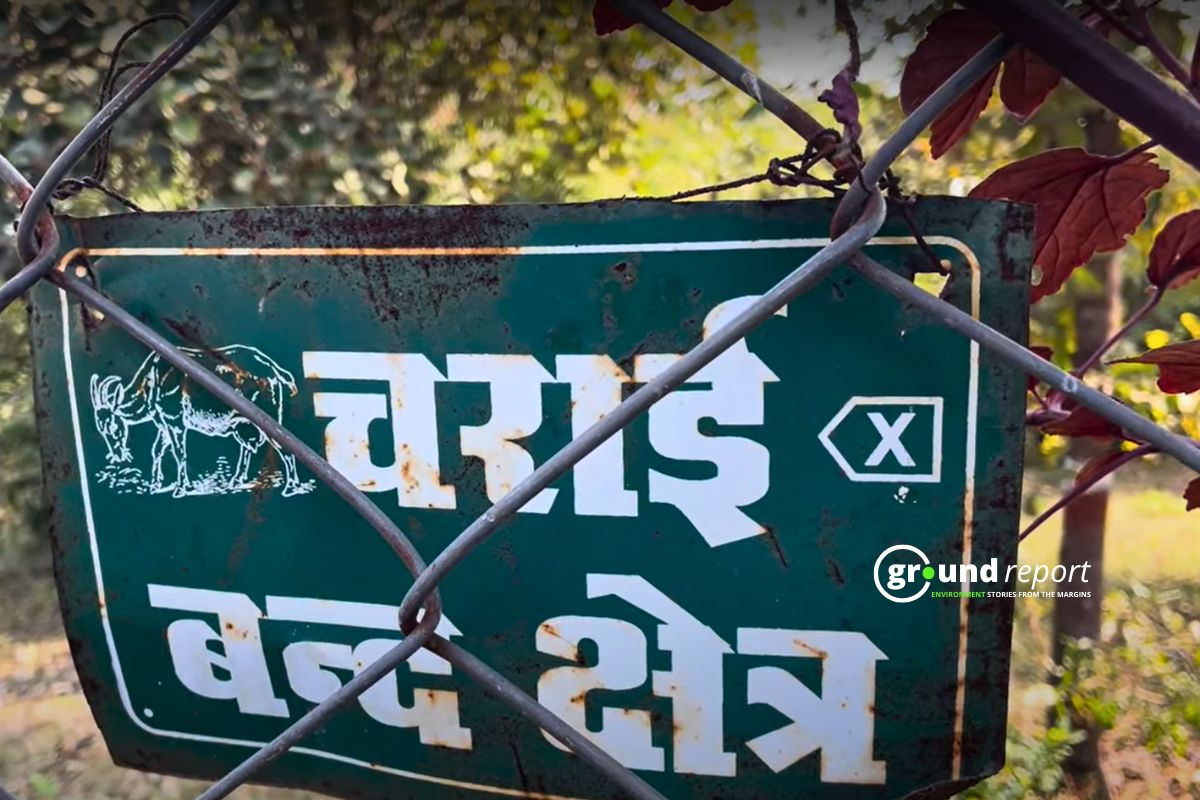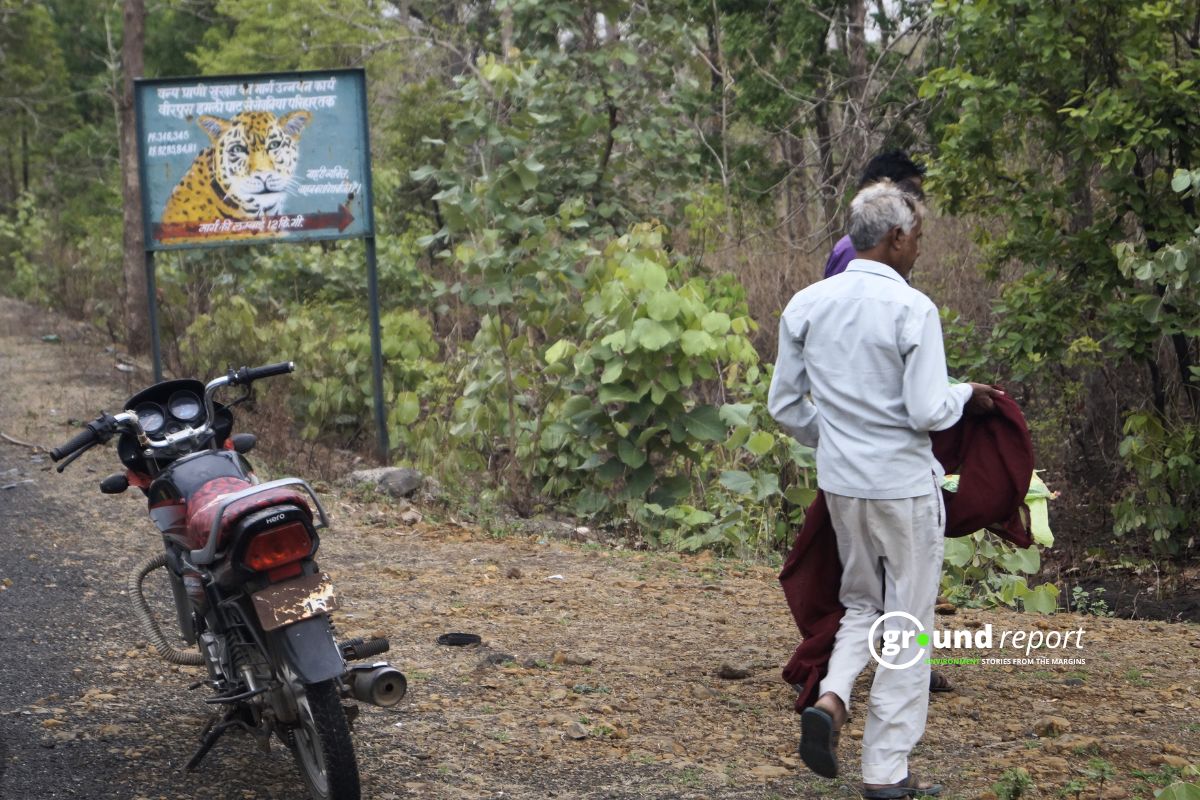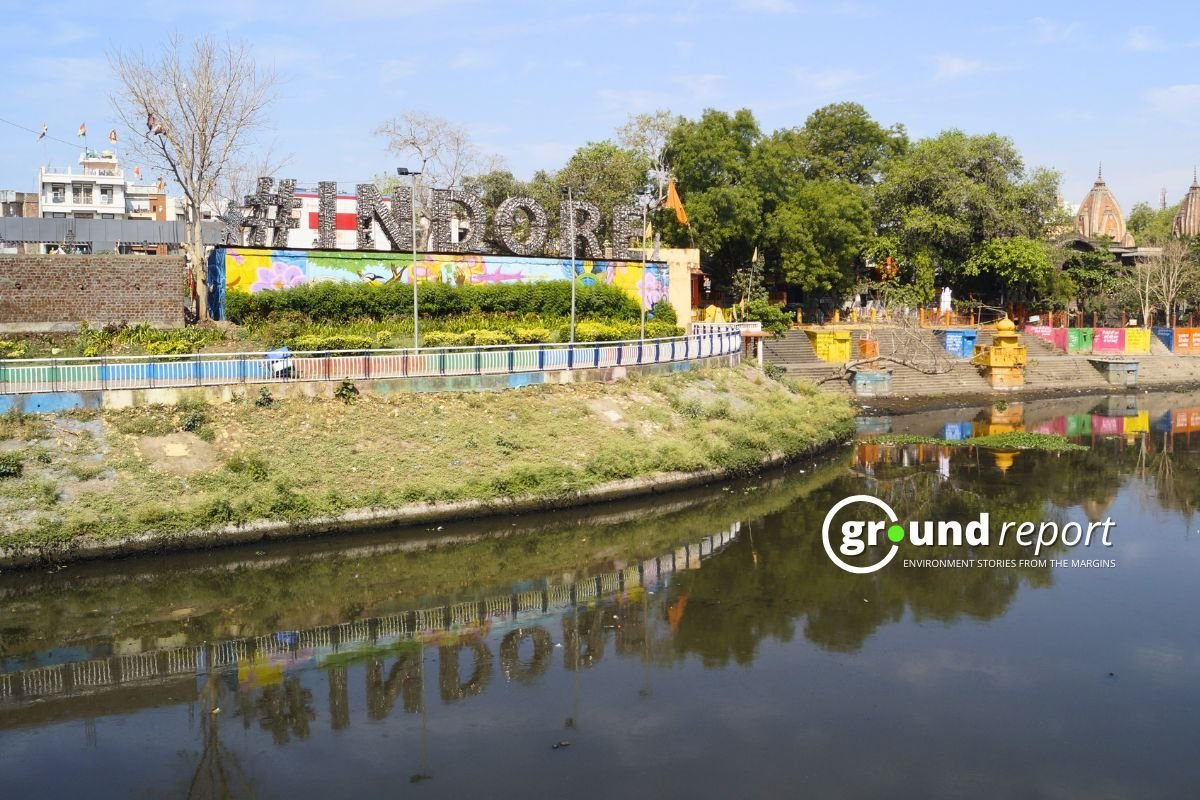A deep winter frost, floods, hail storms, forest fires, Despite having traveled just over half this year 2021, the world has already suffered in these first six months a large number of extreme weather events that have caused numerous problems for populations in countries as different as Germany, Italy, Chile, Algeria or the United States.
A consequence of global warming, which is already increasing the frequency and virulence of climatic disasters as shown by multiple studies and also has significant economic impacts. According to preliminary estimates from the Sigma study by the insurer Swiss Re, different natural disasters contributed to losses valued at 65.6 billion euros in the first half of 2021 alone, of which 36 billion were insured, one of the highest figures in the last decade.
ALSO READ: Erwadi Tragedy was gruesome, Do you know about it?
Specifically, these 36,000 million are above the average of the last ten years, which is estimated at 28,000 million euros and is already the second-highest registered in the first half after 2011, when the great earthquakes in Japan and New Zealand raised their semi-annual losses to 88.6 billion euros. Of course, disasters caused directly by man-caused other insured losses of 1.7 billion in the first half of this year, a result lower than usual and that probably reflects the restrictions caused by COVID-19.
Climate disasters
“The effects of climate change are manifesting in warmer temperatures, rising sea levels, more erratic rainfall patterns, and greater extreme weather events. Along with rapid urban development and accumulation of wealth in disaster-prone areas, secondary hazards such as winter storms, hail, floods or forest fires, lead to increasing losses from disasters, ”explains Martin Bertogg, responsible for catastrophic perils of the Swiss Reinsurer, one of the largest in the world.“
Experience, so far in 2021, underscores the growing risks of these hazards, exposing larger and larger communities to extreme weather events. For example, the winter storm Uri reached a magnitude of losses similar to those that can cause extreme dangers such as hurricanes ”, has influenced.
ALSO READ: Why is population explosion more of a myth than reality in India?
In any case, global economic losses due to climatic disasters are estimated at 65.6 billion euros in the first half of 2021, an amount that is below the average of the last ten years (92 billion euros) is still provisional: expects the amount to increase as more losses are posted in the coming months, as the first half of the year is also not representative of full-year figures, because the third quarter is historically the most loss-prone in terms of natural catastrophes.
Of the total economic losses estimated in the first half of 2021, 63.1 billion were caused by natural disasters, while man-made disasters triggered an additional 2.5 billion. However, this bleak economic outlook should not make us forget the important thing: about 4,500 people lost their lives or disappeared in natural disasters in the first half of the year.
Support us to keep independent environmental journalism alive in India.
Keep Reading
The costliest water from Narmada is putting a financial burden on Indore
Indore’s Ramsar site Sirpur has an STP constructed almost on the lake
Indore Reviving Historic Lakes to Combat Water Crisis, Hurdles Remain
Indore’s residential society saves Rs 5 lakh a month, through rainwater harvesting
Follow Ground Report on X, Instagram and Facebook for environmental and underreported stories from the margins. Give us feedback on our email id greport2018@gmail.com.
Don’t forget to Subscribe to our weekly newsletter, Join our community on WhatsApp, and Follow our YouTube Channel for video stories.
